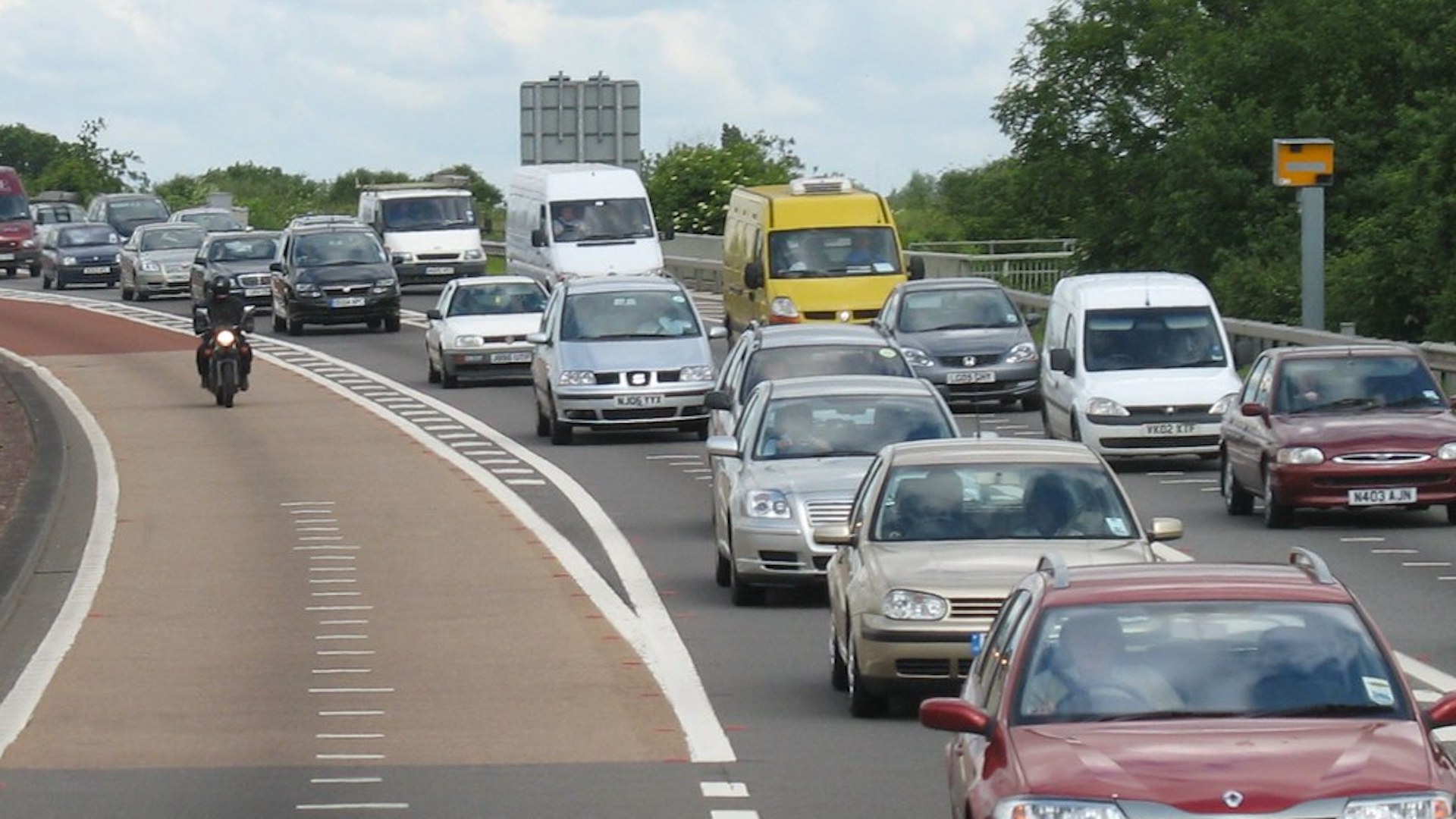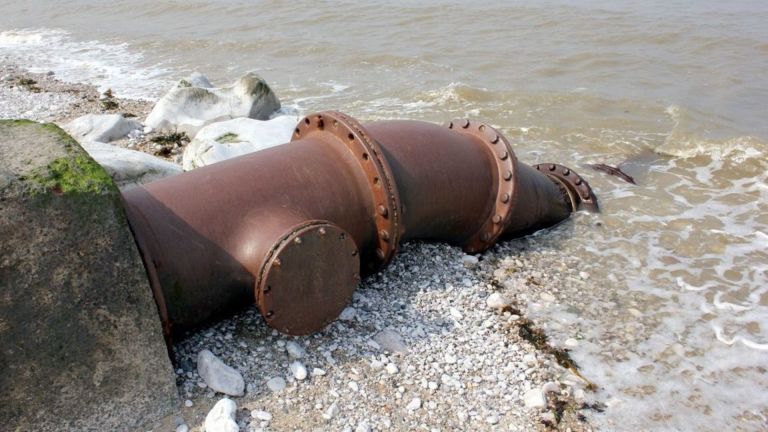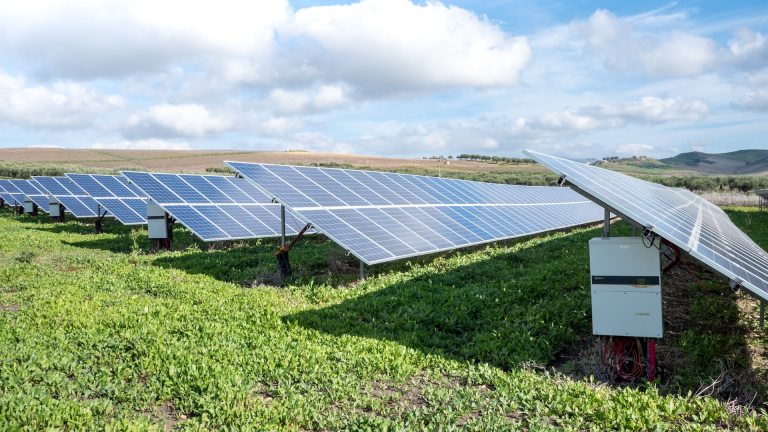Lockdowns have taken income away from hundreds of Big Issue sellers. Support The Big Issue and our vendors by signing up for a subscription.
The NAO called for ministers to ramp up plans and spending to make sure it can ban new petrol and diesel cars in 2030 as promised.
“The NAO is absolutely right to call for a clear plan from the Government in reaching net zero emissions from cars,” McCarthy added.
“Labour’s Green Recovery plan would prioritise building zero emission vehicles in the UK and rapidly rolling out the charging infrastructure required for a smooth transition to cleaner transport.”
Ministers have spent £1 billion on incentivising the use of planet-friendly vehicles but the NAO said there was a “lack of clarity” over what that cash was meant to deliver.
By September last year, 1.1 per cent of all cars were classed as “ultra-low emission”, which means they emit less than 75 grams of CO2 per kilometre travelled. That can include vehicles run purely by electric or hybrid engines.
Advertising helps fund Big Issue’s mission to end poverty
Sales of these cars made up eight per cent of the market, which is an increase but shows the Government must invest in “substantial growth” if it is to hit its climate targets.
“This government is going further and faster to decarbonise transport by phasing out the sale of new petrol and diesel cars and vans by 2030,” a Department for Transport spokesperson said.
“Ultra-low emission vehicles (ULEVs) now represent nearly 11% of the new car market. Alongside the billions we are investing to support industry and consumers to make the switch to cleaner vehicles, we are proud to be a global leader in the development and manufacture of ULEVs.
“We will set out a plan later this year on how we will deliver these new ambitious phase out dates.”
One of the biggest barriers to widespread electric car use is charging infrastructure. By October last year, there were nearly 19,500 publicly accessible charging points, up from 1,000 in 2011.
Advertising helps fund Big Issue’s mission to end poverty
But the majority are on private driveways, with government funding helping create 142,604 charging points for off-street parking.
“The number of ultra-low emission cars on UK roads has increased, but meeting the government’s ambitious targets to phase out new petrol and diesel cars in less than a decade still requires a major transition for consumers, car makers and those responsible for charging infrastructure,” said Gareth Davies, head of the NAO.
“Government now has the opportunity to reflect on what has gone well and better target its interventions and spending to secure this fundamental change and deliver the carbon reduction required.”
Ministers should report progress against clear milestones at regular intervals, researchers said, with there being little guidance on the journey between where car use is in the UK now and reaching net zero by 2050.










